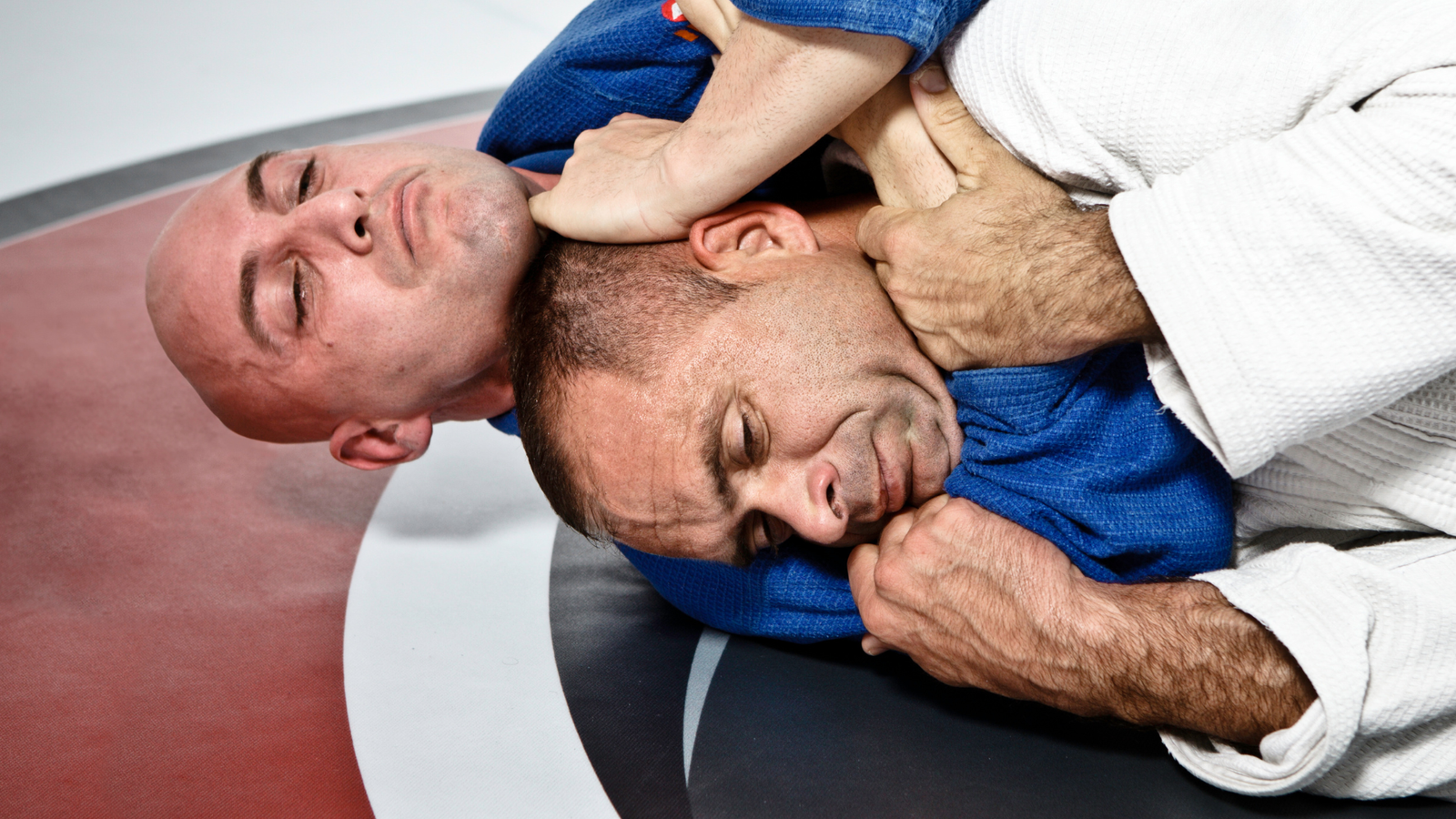🥋 The Importance of Sleep in Martial Arts: Your Secret Weapon for Peak Performance
In the world of martial arts — whether it’s Brazilian Jiu-Jitsu (BJJ), karate, grappling, or wrestling — athletes often focus on:
- ✅ Technique
- ✅ Strength and conditioning
- ✅ Nutrition
But there’s a game-changing factor many overlook:
💡 SLEEP.
Getting quality sleep isn’t just about feeling rested — it’s the foundation for recovery, performance, and mental clarity.
In this article, we’ll explore why sleep is a non-negotiable for martial artists and how to optimize it for better results on and off the mats.
🧠 Why Is Sleep So Important in Martial Arts?
Martial artists push their bodies to the limit — intense training, sparring, and competition all take a toll. Without proper rest, recovery slows down, and performance drops.
Sleep is essential for:
- 🦾 Muscle recovery → Rebuilds and strengthens muscles after training
- 🔗 Tendon and ligament healing → Prevents long-term wear and tear
- 🧘♂️ Reducing mental fatigue → Keeps your mind sharp and focused
⚠️ The Stress-Sleep Cycle
Training and competition can cause stress, which disrupts sleep.
Lack of sleep then increases stress levels, creating a vicious cycle that:
- Decreases performance
- Increases injury risk
- Affects mental health
“Sleep isn’t just a break — it’s where the real recovery happens.”
🏆 The Benefits of Quality Sleep in Martial Arts
💪 1. Enhanced Physical Performance
- During deep sleep, the body produces growth hormones crucial for muscle repair.
- Athletes who sleep well experience better endurance, strength, and flexibility.
Result?
Train harder. Recover faster. Perform better.
🛡️ 2. Lower Risk of Injury
- Fatigue impacts reaction time and decision-making — leading to poor technique and preventable mistakes.
- Sleep reduces inflammation and muscle soreness, lowering the risk of injury.
“A tired fighter is a vulnerable fighter.”
🎯 3. Improved Focus and Reaction Time
In martial arts, split-second decisions make the difference between victory and defeat.
Quality sleep boosts:
- ⚡ Reaction speed
- 🧠 Strategic thinking
- 👀 Situational awareness
This edge is especially critical in competitions and during intense sparring sessions.
🧘♀️ 4. Mental and Emotional Recovery
Losses, injuries, and competitive pressure can weigh heavily on a fighter’s mind.
Sleep helps by:
- Balancing mood and emotions
- Enhancing stress management
- Strengthening mental resilience
A well-rested athlete is better equipped to handle both victories and setbacks.
⚡ 5. Boosted Energy and Stamina
Deep sleep replenishes energy levels, making training sessions more productive and efficient.
More energy = longer sessions, sharper technique, and faster gains.
💡 How to Improve Sleep for Martial Arts Performance
🕰️ 1. Stick to a Consistent Sleep Schedule
- Go to bed and wake up at the same time every day, even on weekends.
- This regulates your internal clock and improves sleep quality.
☕ 2. Avoid Stimulants Before Bed
- Limit caffeine, alcohol, and nicotine at least 4-6 hours before bedtime.
- These disrupt sleep cycles and reduce deep sleep phases.
🌙 3. Create a Sleep-Friendly Environment
- Cool, dark, and quiet rooms are ideal for restful sleep.
- Use blackout curtains, white noise machines, or earplugs if needed.
💡 Pro Tip: Keep your bedroom a “tech-free zone” — no phones, TVs, or tablets before bed.
🧘♂️ 4. Pre-Sleep Relaxation Techniques
Combat pre-sleep restlessness with:
- Breathing exercises
- Meditation
- Gentle stretching
This helps ease the mind and body into a state of rest.
🎖️ Final Thoughts: Train Hard, Sleep Smarter
In martial arts, every advantage counts. And sometimes, the most powerful tool isn’t a new submission or a strength routine — it’s better sleep.
“Champions don’t just train harder — they recover smarter.”
So the next time you plan your training week, make sure sleep is on the schedule. 💪😴🥋
💬 Your Turn:
How do you optimize your sleep for peak performance?
Drop your tips in the comments below! 👇👊

